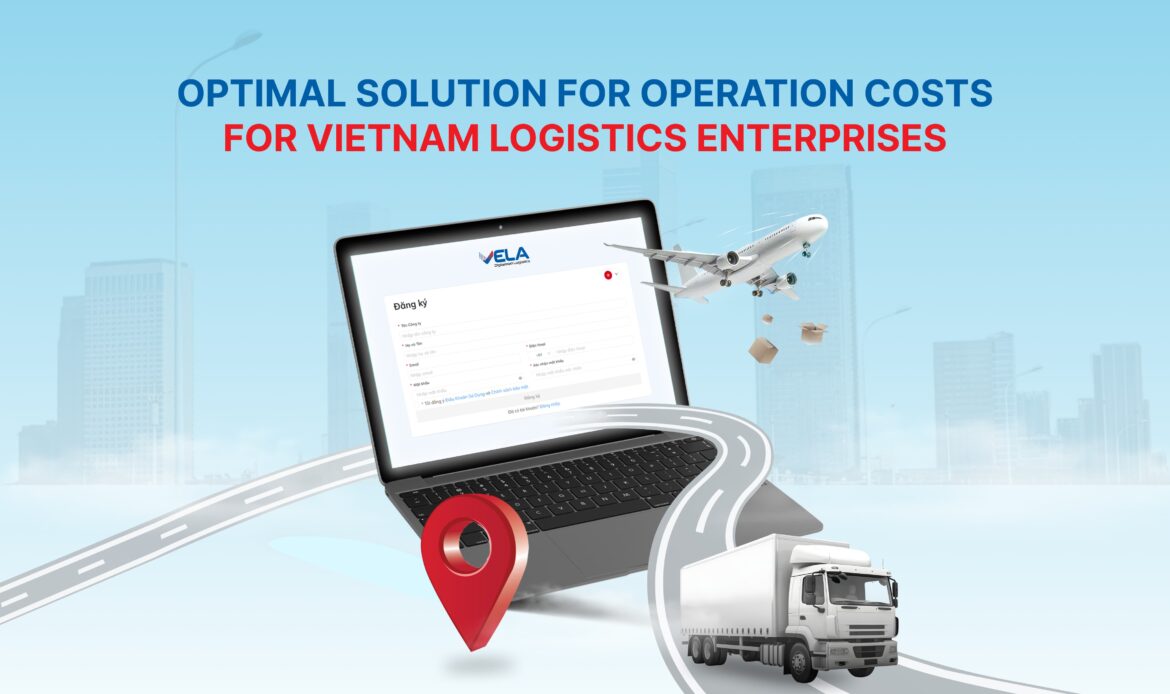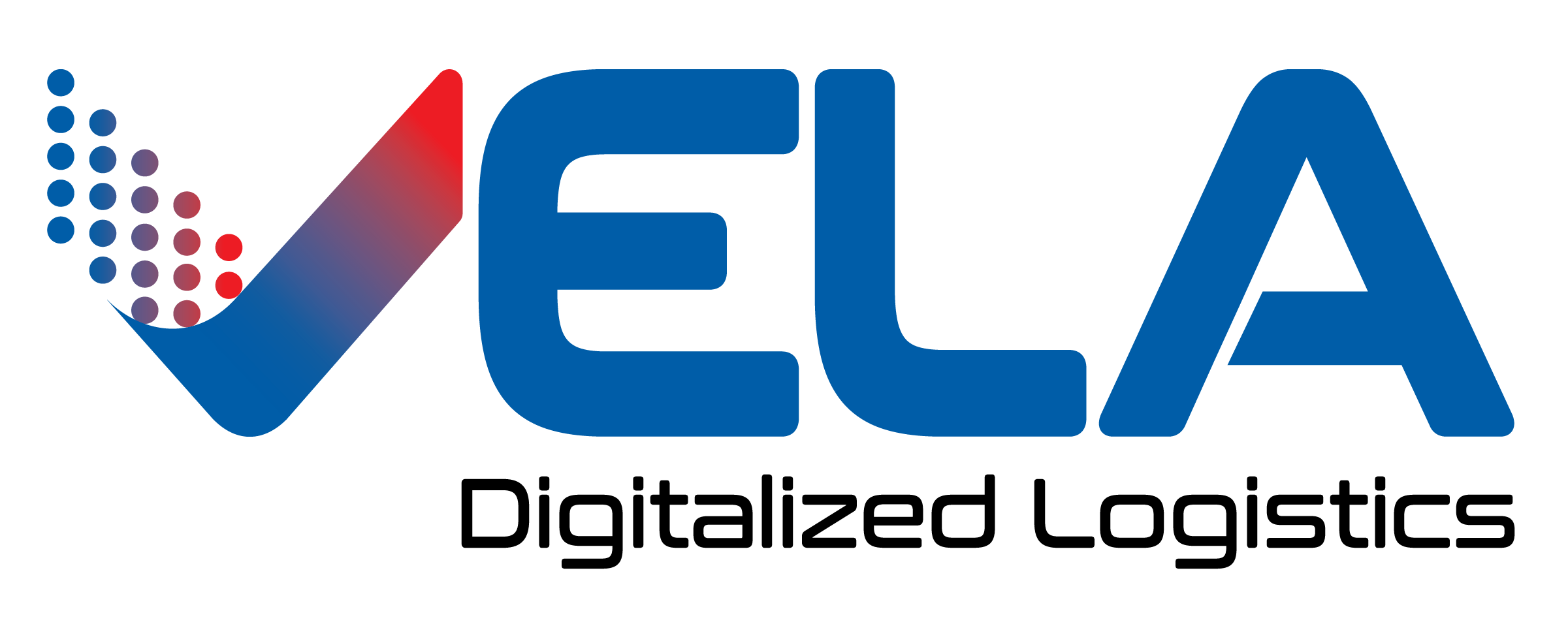Optimizing Logistics operation costs for Vietnamese enterprises

In today’s fiercely competitive business environment, optimizing Logistics operation costs not only enhances business efficiency but is also a critical factor in improving competitiveness. With the rapid development of technology and increasing market demand, Vietnamese enterprises need to find the most suitable solutions to optimize Logistics, from transportation and warehousing to order management.
1. The digital era and new opportunities for the Logistics industry
The explosion of technology in the digital era has brought countless new opportunities for the Logistics industry. Businesses now have access to advanced technologies and the ability to completely transform the way they manage and operate their supply chains. In this age of digitalization, challenges related to cost, efficiency, and speed are no longer insurmountable when businesses know how to leverage technology to optimize Logistics.
The technological era offers businesses great opportunities to transform Logistics operations and rethink cost management. While challenges such as transportation costs and warehouse management still exist, the integration of Artificial Intelligence (AI), the Internet of Things (IoT), and Blockchain is opening new doors for optimizing supply chain operation costs.
With the combination of these technologies, Logistics is no longer just about moving goods from point A to point B but has become a comprehensive value chain where businesses can generate profits by optimizing every aspect of their operations. This not only saves costs but also improves customer experience, thereby enhancing customer satisfaction and building loyalty.
2. Challenges in optimizing Logistics operation costs
Despite the significant increase in Logistics demand in Vietnam, particularly with the boom of e-commerce, Logistics operation costs still account for a large portion of a business’s total expenses. This presents numerous growth opportunities for Logistics enterprises but also comes with its risks.
- High transportation costs: especially in the context of fluctuating fuel prices and inconsistent road infrastructure.
- Inefficient warehouse management: outdated warehousing systems lead to suboptimal goods storage.
- Lack of management technology: many businesses have yet to invest heavily in logistics management technology, resulting in manual processes, time inefficiencies, labor-intensive operations, and sometimes inaccurate information.
3. Optimization is not just cost-cutting, but transformation
Many businesses mistakenly believe that optimizing logistics costs simply involves cutting staff, lowering service quality, or choosing the cheapest transport partners. However, in the digital era, optimizing Logistics operation costs means investing in technology and new management methods to increase efficiency.
- Smart route optimization: instead of using traditional routes, businesses can apply smart routing technology that automatically suggests the shortest and most fuel-efficient routes, reducing transportation costs by 15-20%.
- Warehouse automation: implementing an automated warehouse management system (WMS) allows businesses to accurately track inventory, minimize waste due to improper storage, and improve order fulfillment speed. This is essential for businesses aiming to optimize Logistics in a rapidly changing demand environment.
- Enhancing customer experience: Logistics costs and customer experience go hand in hand. Cost optimization doesn’t mean cutting services but rather upgrading the customer experience in smarter ways. With digital Logistics solutions, businesses can offer real-time order tracking, quickly handle complaints, and improve reliability.
4. Opportunities for Vietnamese Enterprises
As a pioneer in providing solutions for Vietnamese enterprises, the VELA digital Logistics platform not only helps reduce operational costs but also enhances customer experience. Advanced supply chain management technology helps businesses maintain service quality and minimize operational waste.
- Operational data analysis: using advanced data analytics technology to forecast transportation demand, enabling businesses to arrange the most optimal warehousing and transportation routes.
- ERP integration: the combination of Logistics and enterprise resource planning (ERP) systems allows all activities from production to distribution to be seamlessly connected, reducing errors and shortening processing times.
- Mitigating supply chain risks: VELA integrates blockchain technology to create transparency and security in supply chain management, minimizing the risks of loss or errors during transportation.
VELA not only provides Logistics management tools but also offers strategic thinking for businesses. Rather than focusing on short-term solutions, VELA helps businesses build a sustainable Logistics alliance and a long-term cost-efficient operation platform.
In the era of digital transformation, optimizing logistics costs is not just about reducing expenses, but is a comprehensive strategy for businesses to survive and grow sustainably. With VELA’s support, Vietnamese enterprises can confidently leverage technology to reduce operational costs, enhance business efficiency, and provide exceptional experiences for their customers.

